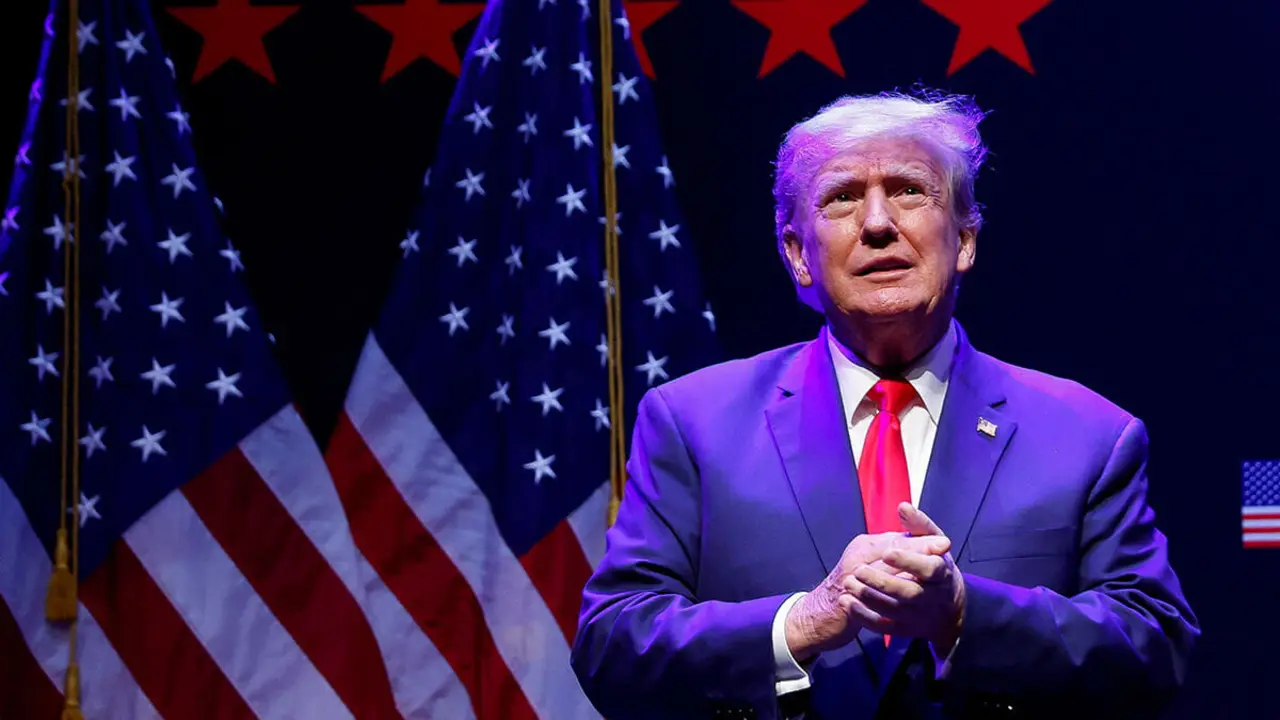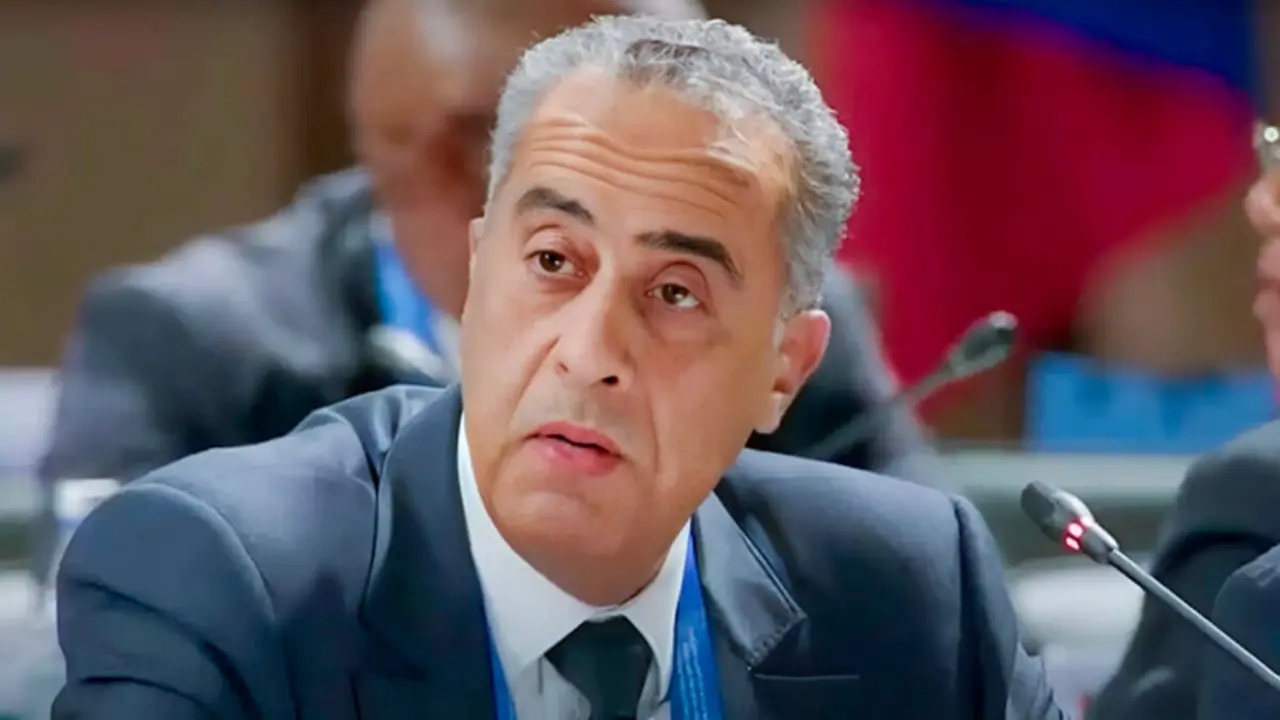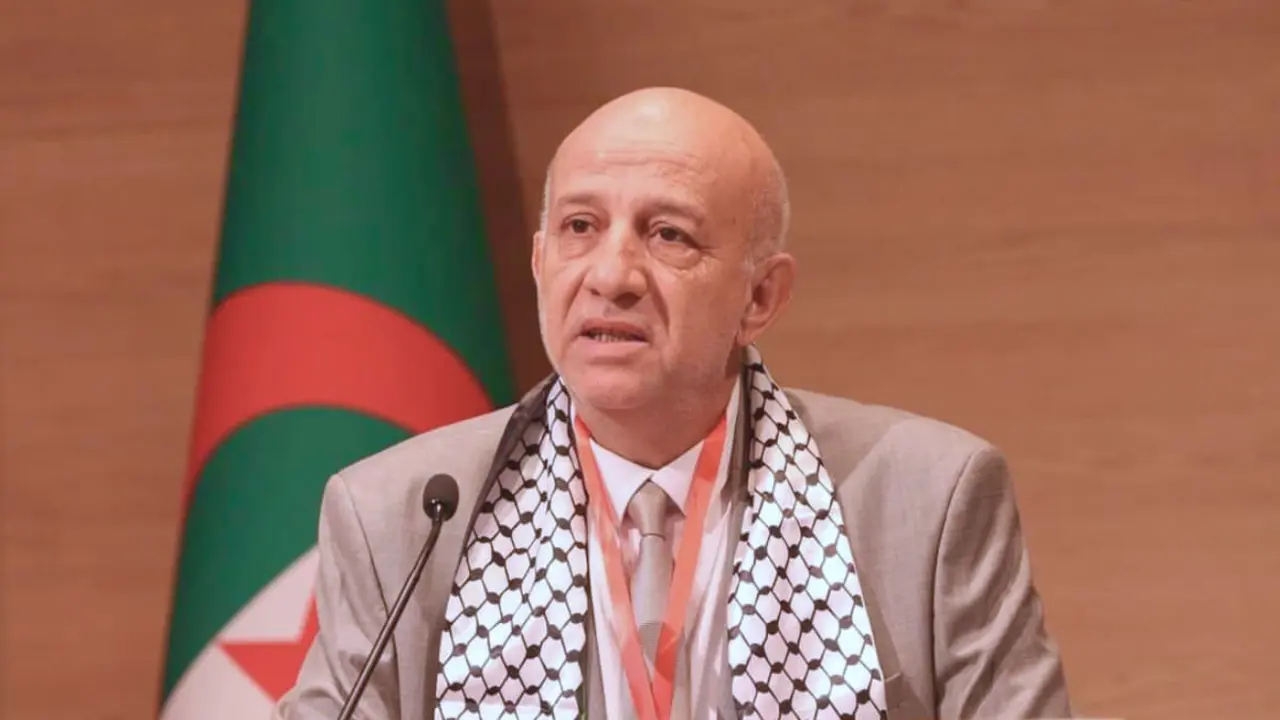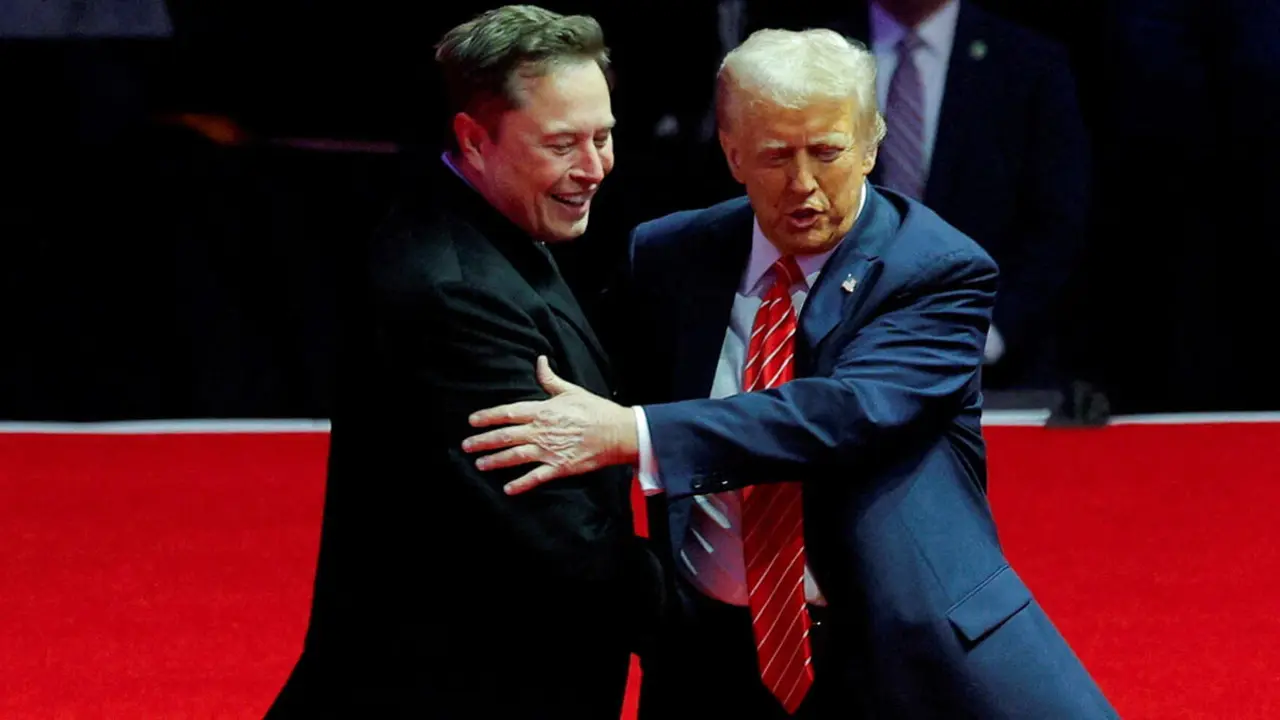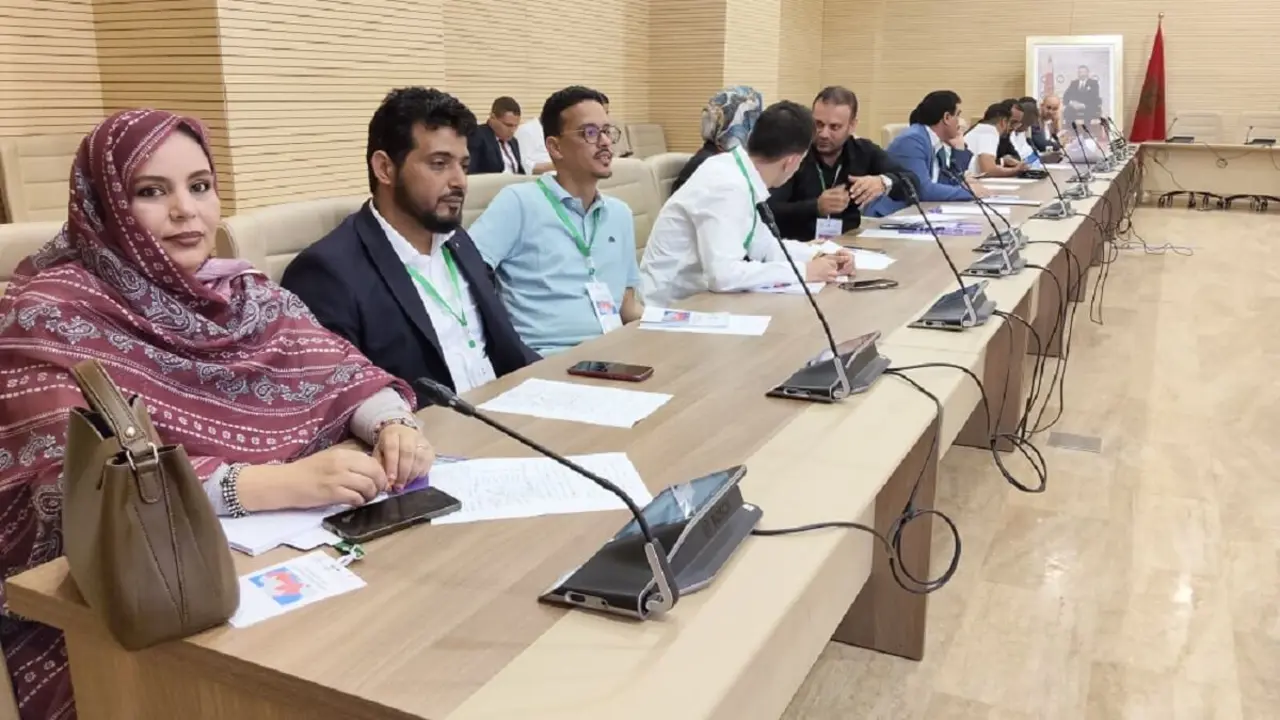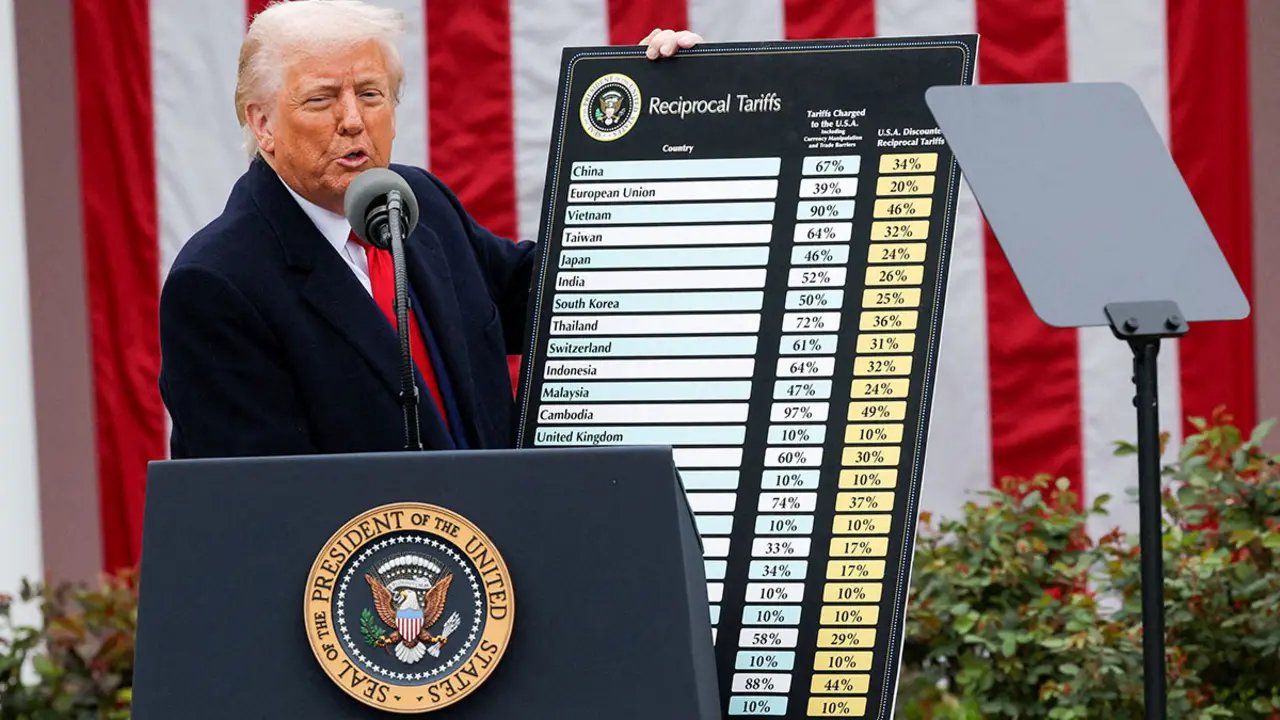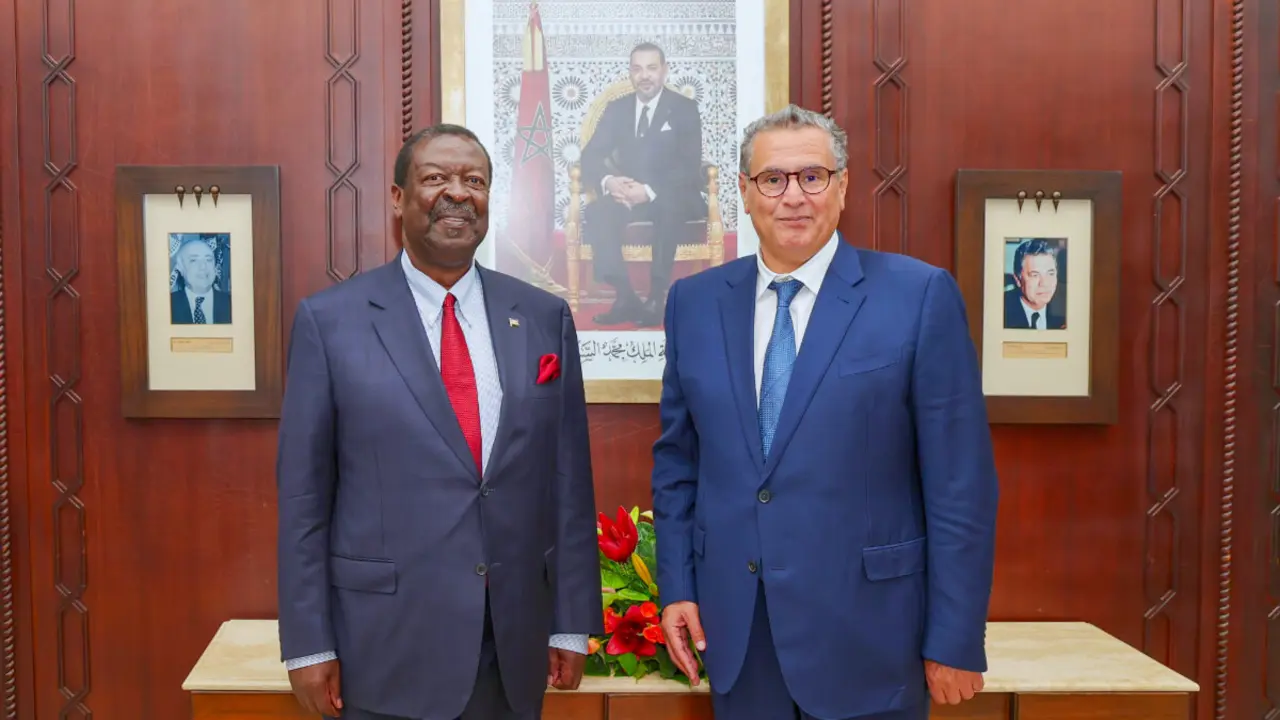ECOWAS maintains sanctions on Mali

During a meeting in Accra (Ghana), the heads of state of the Economic Community of West African States (ECOWAS) decided to maintain sanctions against Mali, according to a communiqué issued by the organisation. It also said that they urged the country to continue with its electoral calendar. At the end of the press release, ECOWAS issued a warning to Guinea and Burkina Faso, countries that - like Mali - have taken an authoritarian turn in recent years.
The organisation indicated that the military troops had proposed a two-year timetable in addition to the one and a half years they have been in command. To resolve this issue, the current leader of Mali's junta, Assimi Goita, was invited to the summit. However, it was unclear whether Goita did not attend, or virtually joined the summit. ECOWAS regretted in the communiqué the "unavailability of the transitional president to physically comply with the invitation extended to him to participate in the" meeting.
According to the France 24 news agency, the summit came almost a week after ECOWAS sent a person to Bamako to discuss the country's transition. However, the talks were inconclusive. Since the military junta took over the country in 2020, the 15-nation bloc has been pushing Goita to organise elections in 12 to 16 months. However, the junta's leader has stoically withstood and ignored international pressure.

ECOWAS and the West African Economic and Monetary Union (WAEMU) began applying sanctions on Mali in January, when the junta declared its intentions to remain in power for five years. These were deemed illegal by Goita, who threatened to take them to international courts.
On Thursday, the WAEMU court ordered an end to the economic sanctions on Mali. Whether the ruling would lead to an immediate end to all the penalties imposed in recent months remains in doubt, France 24 reported.
ECOWAS has given the country one month to present an "acceptable" electoral timetable for the transition. It is Guinea's last chance to free itself from the sanctions, the sub-regional organisation warned in the communiqué, warning that once this period is over, the economic and financial measures "will come into effect immediately".
ECOWAS also expressed concern over the lack of a plan for a "transition". "The six-month deadline set by ECOWAS for the holding of elections has been missed. In addition, the transition timetable remains unavailable, priorities have not been set and little progress has been made in the transition process," the organisation said in the press release.

The communiqué reported a lack of communication between civilians, government and international bodies, and urged Guinea to "promote inclusiveness and dialogue" to "reduce tension" in the country.
In the case of Burkina Faso, the African organisation demanded the release of President Roch Kaboré by 31 March this year at the latest. Should this not happen, ECOWAS will impose individual sanctions on the transitional government.

For the time being, Burkina Faso will remain suspended from all ECOWAS institutions until "constitutional order" is fully restored. They also called for the creation of an electoral calendar before 25 April 2022, "after which period, economic and financial sanctions will come into effect immediately," the organisation said.

